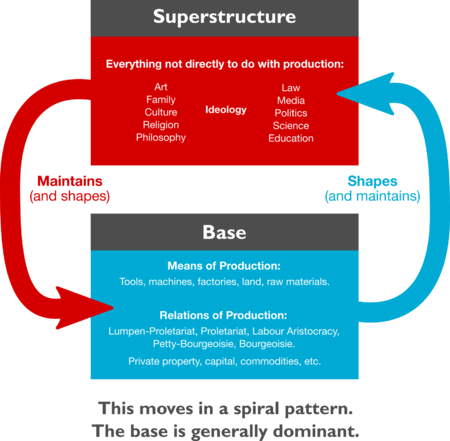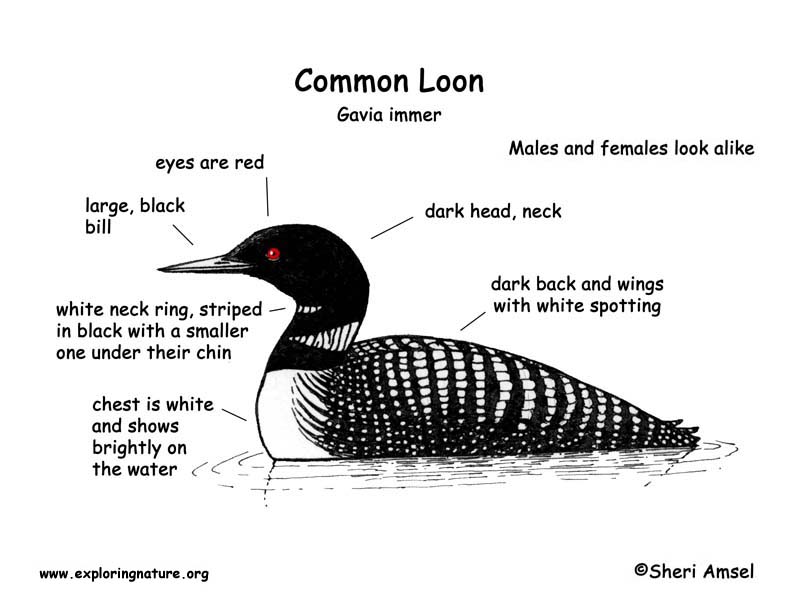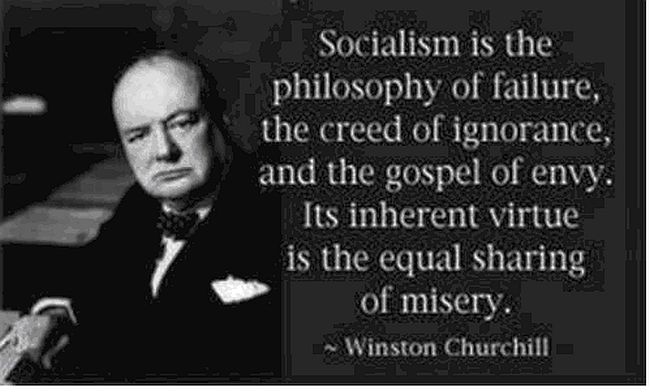I fear socialism for the same reasons I fear theocracy. It simply gives government too much power.
Democracy is the problem with socialism. It's a bug, not a feature.
If Democracy is a problem, what form of government would you recommend?
I wouldn't apply government to our economic decisions at all.
Democracy is fine for social decisions that actually require conformity. When we all need to be on the same page and must agree on a singular solution, democracy's not a bad way to go.
But most of the time that kind of conformity isn't required and freedom is a better approach.
Who would control production in your system?
Base and superstructure - Wikipedia
"In
Marxist theory,
capitalist society consists of two parts: the
base (or
substructure) and
superstructure.
"The base comprises the
forces and
relations of production (e.g. employer–employee work conditions, the technical
division of labour, and property relations) into which people enter to produce the necessities and amenities of life.
"The base determines society's other relationships and ideas to comprise its superstructure, including its
culture,
institutions, political
power structures,
roles,
rituals, and
state.
"While the relation of the two parts is not strictly unidirectional, as the superstructure often affects the base, the influence of the base is predominant. Marx and Engels warned against such
economic determinism.
[1]"
Who gives a s*** about Marxist theory --irrelevant and totally discredited... What we need is more benefits for our middle class like other successful countries. Good Health Care system 1 month vacations at least living wage cheap college and training good infrastructure for crying out loud.....
Do you believe "politics is the shadow cast on society by big business"?
If so, how likely is it the richest one percent will interrupt their forty year pillage to fund quality healthcare, free college, and good infrastructure?
Base and superstructure - Wikipedia
"Regarding developments in the United States during this era (roughly 1980-2015), Jenkins highlights the nature in which political parties and the political system itself are inherently designed to protect the economic base of capitalism and, in doing so, have become 'increasingly centralized, coordinated, and synchronized over the past half-century.'
"This, according to Jenkins, has led to a '
corporate-fascistic state of being' that is challenging the equilibrium of this fragile relationship.
"His analysis specifically addresses the role of both major parties, Democrats and Republicans, in the United States:
"It reminds us of John Dewey's claim that,
'As long as politics is the shadow cast on society by big business, the attenuation of the shadow will not change the substance.' In the US, the two-party political system has proven extremely effective in this regard.
"Aside from differences on social issues like abortion and gay marriage, as well as socioeconomic issues like unemployment insurance and public assistance, both parties ultimately embrace capitalist/corporatist interests in that they both serve as facilitators for the dominant classes:
"The Republican Party in its role as forerunner, pushing the limits of the capitalist model to the brink of fascism; and the Democratic Party in its role as governor, providing intermittent degrees of slack and pull against this inevitable move towards a 'corporate-fascistic state of being.
[17]"




